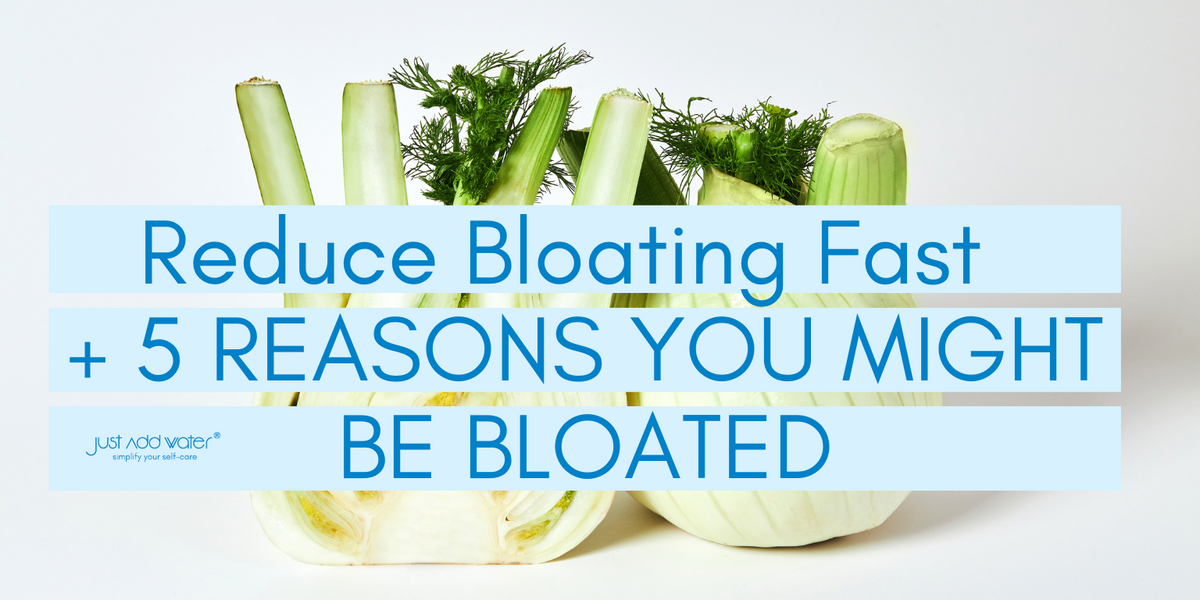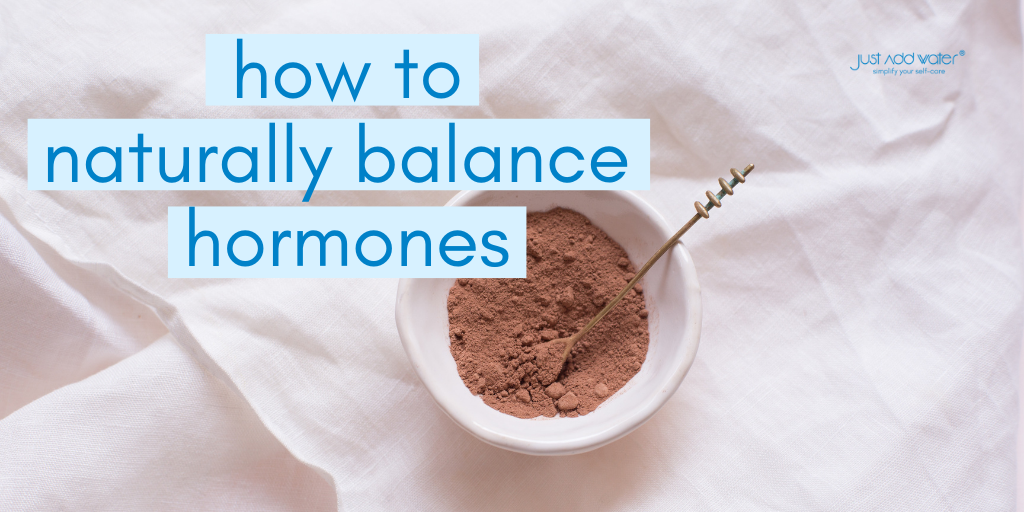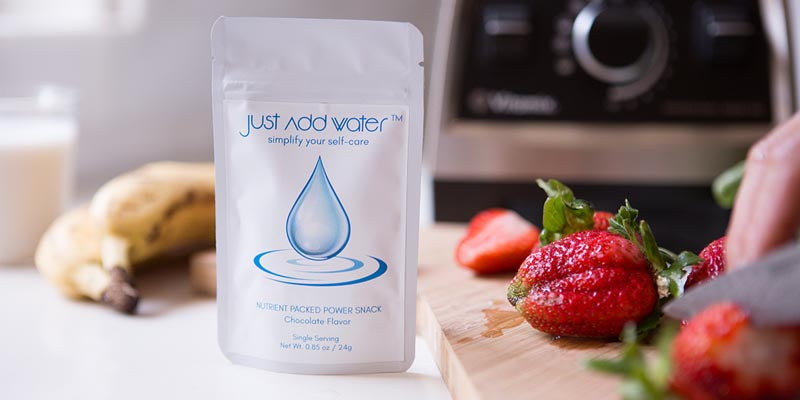Eat Your Water! 8 Delicious Fruits and Veggies to Keep You Hydrated
We’ve all heard that to stay healthy and hydrated, we need to drink 8 glasses of water a day. Staying properly hydrated keeps our whole body healthy, including our gut, kidneys, liver, heart, joints and even our skin! But glasses come in a variety of sizes, so how much water should we actually drink and how do we make sure we’re drinking enough?
The short answer? We need to drink more than we think. The long answer is a bit more complicated.
According to the National Academies of Sciences, Engineering, and Medicine, men should consume about 3.7 liters (0.98 gallons) of fluids a day while women should consume 2.7 liters (0.71 gallons) of fluid a day. That specific number is not set in stone as our bodies are all different and not one day is the same. In general, if you’re sweating more because it’s hot or you’ve been exercising, or if you’re sick and losing more fluid than usual, you’ll need more water. Women who are pregnant or breastfeeding will also need to drink more water.
One fun and delicious way to make sure you stay hydrated is through fruits and vegetables! Many of our favorite fruits and vegetables consist of over 90% water. On top of that, they contain essential vitamins, minerals, electrolytes and fiber that further help improve our health. Next time you’re thirsty, pair that glass of water with a juicy watermelon or crunchy cucumber slices to double up on that hydration!

Below are more delicious fruits and vegetables to enjoy to keep you hydrated and healthy all summer long!
Cucumbers
Up to 96.7% water
0.8 cups of water in 1 medium piece
Lettuce
Up to 95.6% water
1.2 cups of water in 1 head
Celery
Up to 95.4% water
0.2 cups of water in 1 medium stalk
Zucchini and Squash
Up to 94.8% water
0.8 cups of water in 1 medium piece
Grapefruit
Up to 91.6% water
0.5 cups in ½ a fruit
Watermelon
Up to 91.5% water
17.5 cups in 1 medium-sized fruit
Strawberries
Up to 91% water
0.1 cup in 1 large fruit
Cantaloupe
Up to 90.2% water
2.1 cups in 1 medium-sized fruit
Happy hydrating, everyone!
XO
Leave a comment
Comments will be approved before showing up.
Also in Wellness & Nutrition

Reduce Bloating Fast + 5 REASONS YOU MIGHT BE BLOATED

Healing Cellular Damage With Antioxidant Power

HOW TO NATURALLY BALANCE YOUR HORMONES
In this blog, we’re going to define hormonal imbalance, identify the symptoms, and discover the natural options to bring your body back into flow! A nutritious diet and other healthy lifestyle habits may help improve your hormonal health and allow you to feel and perform at your best.


